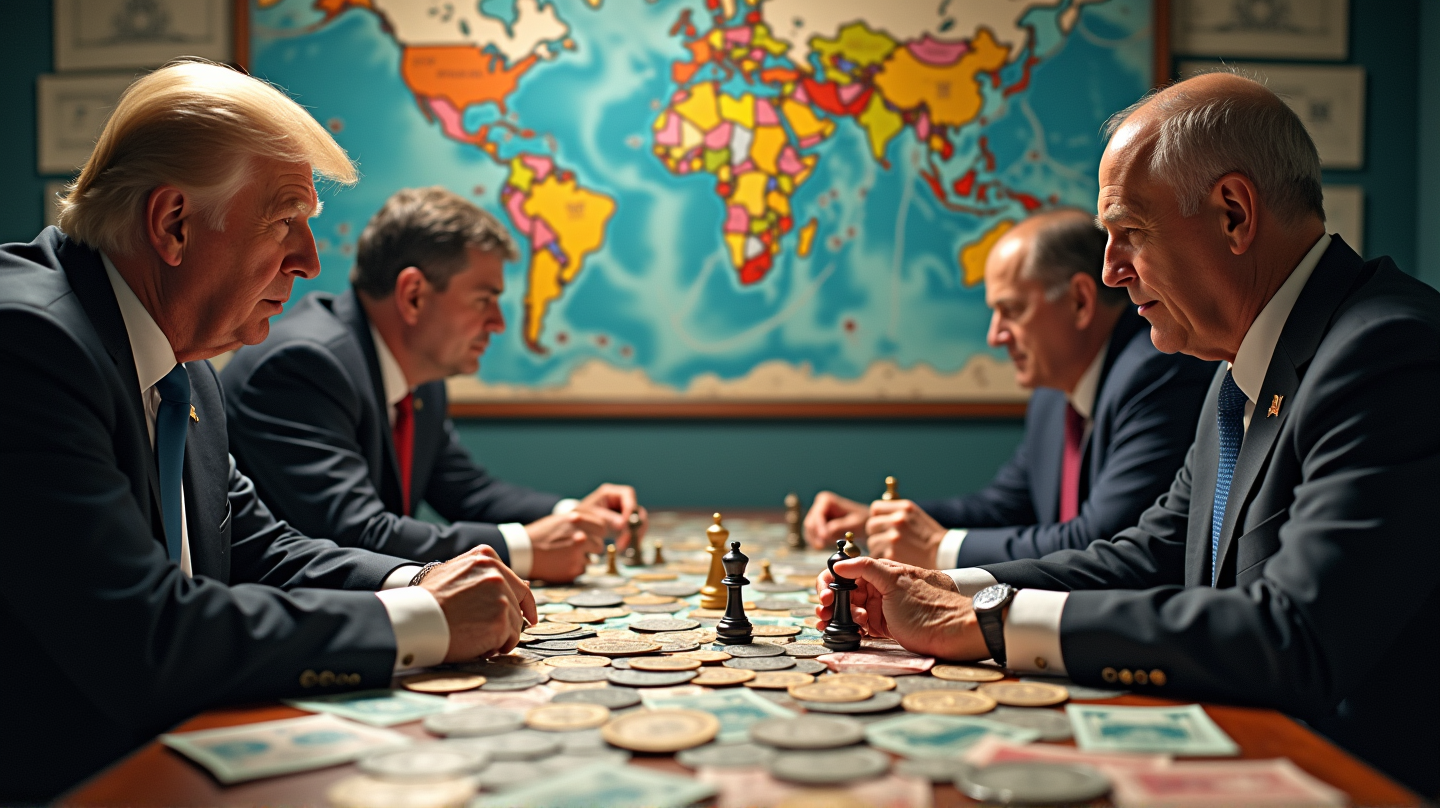Trump's Bold $20 Billion Bet: Argentina's Lifeline or Gamble?
The Trump administration's $20 billion financial lifeline to Argentina sparks debates about motives and global implications.

In a bold move, the Trump administration has authorized a $20 billion financial lifeline for Argentina amid a severe economic crisis. According to PBS, this decision has ignited debates over its merits and underlying motivations, stirring both politics and economics into a potent mix. But is this move a well-calculated economic lifeline or a risky geopolitical play?
The Exchange of Dollars for Pesos
As President Trump and Argentine President Javier Milei met at the White House, the US pledged to exchange dollars for Argentine pesos in a bid to prop up the faltering local currency. The condition? The deal is contingent on Milei’s party securing victory in the upcoming legislative elections, showcasing Trump’s political stake in Argentina’s governance.
Argentina’s Dollar Dilemma
Argentina is grappling with a dual-currency crisis, often finding itself short on dollars due to its partially dollarized economy. This recurring predicament leads to economic instability that’s become somewhat of a turbulent norm for the nation. “Whenever there is a shock of confidence, Argentina faces crises due to dollar shortages,” noted Monica de Bolle of the Peterson Institute for International Economics. Traditionally, the International Monetary Fund (IMF) came to Argentina’s aid, but Trump’s move signals a different approach.
A Geopolitical Chess Game?
The decision to intervene raises eyebrows and questions about the absence of direct economic rationale. Yet, Trump’s actions suggest deeper geopolitical aspirations. With China’s increasing influence in Argentina and its rich reserves of lithium and rare earth, the US move strategically counters China’s regional dominance. It appears as if a new chess game is being played out between superpowers right within Argentina’s borders.
The Ripple Effect on US Farmers
The geopolitical dimension also reverberates back home. US soybean farmers, already irked by China’s trade shift to Argentine soybeans due to the ongoing trade war, view the aid as an inadvertent support to their global competitor. As Argentina gains favor in Beijing’s markets, American agriculture feels the pinch of this international tension.
Risks of an Uncertain Endgame
Despite the seeming altruism, critics caution against potential pitfalls. Without a clear endgame, the US risks entrenching itself in Argentina’s economic cycles. Historically, Argentina’s track record with lenders like the IMF hasn’t inspired confidence, with repeated needs for bailouts often leaving creditors in a challenging position. The US faces a ‘no-win’ predicament—be it continuous financial support or stepping back and letting Argentina spiral once more into crisis.
The $20 billion lifeline might be a swift maneuver to stabilize Argentina, but beneath the surface lies a narrative rich with political intrigue and international strategy, leaving many to ponder the true cost of Trump’s audacious economic gambit.





